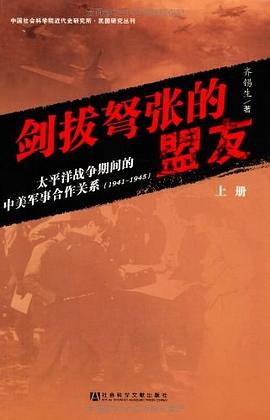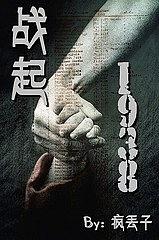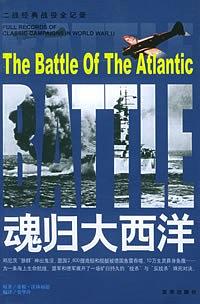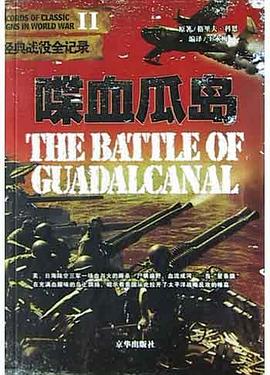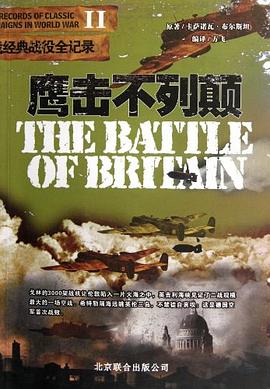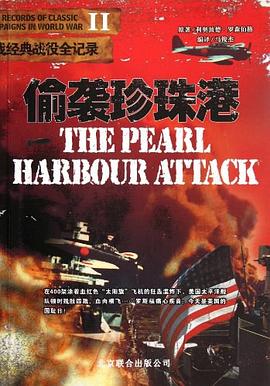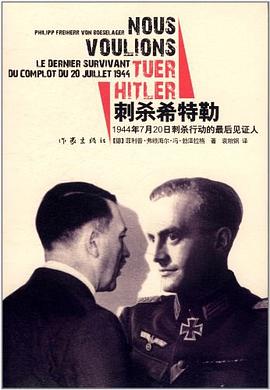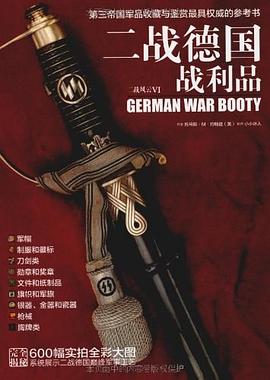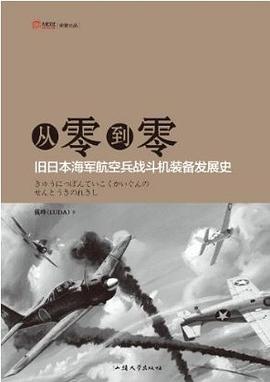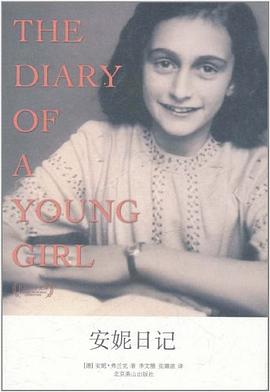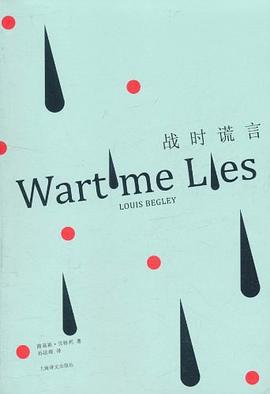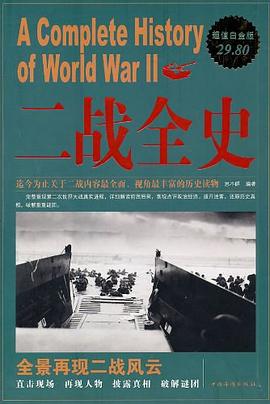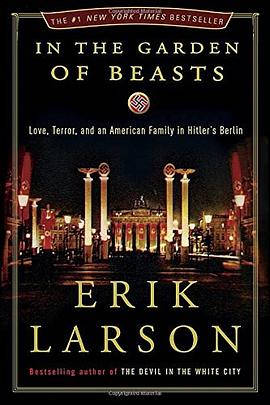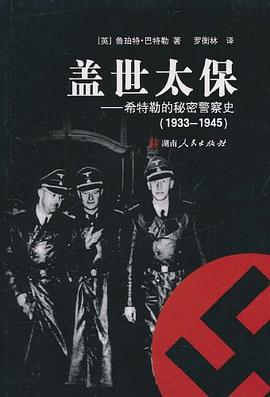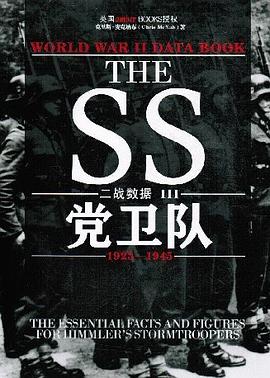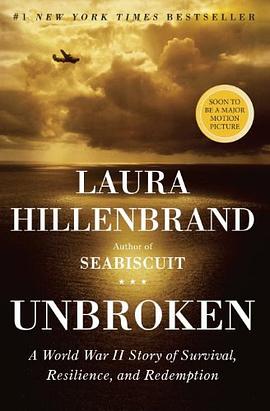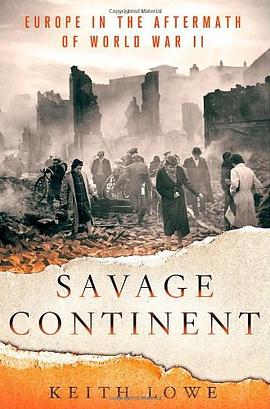

具體描述
Savage Continent: Europe in the Aftermath of World War Two, By Keith Lowe
Brendan Simms
In his memoir If This is a Man, the Italian writer Primo Levi recalls that the most terrifying time for him at Auschwitz was not the years of incarceration by the Nazis, when beatings, hunger, back-breaking work and the threat of murder were omnipresent. He came closest to despair during the vacuum between the flight of the guards and the arrival of the Red Army. This period, in which the prisoners were effectively left to their own devices, was characterised by a complete breakdown of all authority, however unjust, as well as the system of supply. I was reminded of these passages when reading Keith Lowe's Savage Continent: an excellent account of the two years or so between the end of hostilities in Europe with the defeat of Hitler, and the establishment of the Cold War order.
As the author points out, the Second World War did not end in 1945. In large parts of the continent, the contest lasted a lot longer as Polish, Ukrainian, Baltic and Greek partisans battled on in the mountains and forests of Eastern Europe and the Mediterranean. Some of these stories, such as the post-war travails of the Greeks, are well known to Western audiences, but the activities of the Lithuanian, Latvian and Estonian anti-Soviet "Forest Brothers" are not. Perhaps the most arresting fact in this compelling book is that the last Estonian guerrilla fighter, August Sabbe, was killed as late as 1978, trying to escape capture.
Even where there was no fighting, Lowe demonstrates, Europe was in flux. A contemporary observer described Germany, the crossroads of the continent, as "one huge ants' nest", in which everyone was on the move. There were refugees everywhere, some trying to escape the victors, others returning to their homes. Millions of German prisoners of war were crammed into insanitary Anglo-American camps in the West; and they were the lucky ones, unlike those captured by the Russians and taken to camps in Siberia, or murdered en route. Almost everywhere, the Nazi collapse was followed by a bloody settling of scores against real or alleged collaborators. Lowe shows that the numbers affected in places like France to have been much exaggerated by subsequent myth-makers; in Yugoslavia, on the other hand, the reckoning was truly horrific, the more so as British troops were actively involved in sending men and women back to face certain death at Tito's hands.
All this was accompanied by the greatest population shifts in Europe since the Dark Ages. These had, of course, begun during the war. Lowe notes the huge void left by the Nazi murder of the Jews, but he points out that it was not so much the Holocaust itself as the persistence of anti-Semitism in places like Poland and Hungary which persuaded so many survivors to make for Israel or the US. In eastern Poland and western Ukraine, new borders led to a massive exchange of populations attended by great hardship and brutality.
The principal post-war victims, however, were the Germans, systematically expelled by the Czechs and Poles from lands which they had settled for hundreds of years. Lowe describes these events too with admirable sensitivity, placing them squarely in the context of prior Nazi policies, without in any way justifying them.
Europe was also in political flux. The war had destroyed the standing of the old elites, and brought the Red Army into the heart of the continent. It was Soviet power, rather than the failure of the ancien regime as such, which underpinned the wave of Communist takeovers in Eastern Europe. Lowe describes the Romanian case in fascinating detail. Hungary, Czechoslovakia, Poland and Bulgaria all met broadly similar fates: red terror, arrests, expropriation of land and property, and executions. In Greece, the boot was on the other foot, as the right-wing government parlayed first British then American help into brutal victory over the communists. Lowe notes the "unpleasant symmetry" caused by Cold War imperatives without in any way denying that "the capitalist model of politics was self-evidently more inclusive, more democratic and ultimately more successful than Stalinist communism".
Savage Continent is thus a fitting title for this book, and surely also an allusion to Dark Continent, Mark Mazower's brilliant history of the 20th century. Lowe's vivid descriptions of Europeans scrambling for scraps of food, rampant theft and "destruction of morals" are a timely reminder that a certain humility is in order when we look at less fortunate continents today. The author is also right to remind us, with respect to current travails in Iraq and Afghanistan, just how long it took to rebuild Europe and for democracy to take root – or to return.
That said, Lowe could perhaps have said more about the Europeans who emerged from the war with a new and uplifting vision: that the only way for the continent to prevent this from happening again, and to realise its full potential, was to chart a course towards greater unity. It was in the midst of the ruins described by this book that men such as Robert Schuman, Jean Monnet, Alcide de Gasperi and Altero Spinelli were taking the first steps towards what was to become the European Union. In this sense, Europe is a continent which contains not only the seeds of its self-destruction but also of its renewal.
著者簡介
基思•羅威(Keith Lowe),全職作傢和曆史學傢,曾做過十餘年的曆史類圖書齣版商。他被公認為二戰史權威,經常在英國和美國的電視廣播上發錶意見。飽受贊譽的曆史著作《火焰地獄:1943年漢堡滅頂之災》(Inferno: The Devastation of Hambu rg, 1943)即齣自他之手。
黎英亮,曆史學博士,華南師範大學講師,著有《現代國際生活的規則:國際法的誕生》《何謂民族?:普法戰爭與厄內斯特•勒南的民族主義思想》,譯有《浩劫之地》(即將齣版)。
圖書目錄
讀後感
1945-1949年的欧洲大陆,二战后的野蛮报复、种族清洗与世界秩序的重建。复杂和混乱到以至于根本就很难搞清楚历史的真相到底是什么,每一国都是从有利于自己的角度出发来看待历史、编写数据,真正的客观工作很难做到,特别是紧随其后的就是意识形态之间争锋相对。欧洲大陆原本是...
評分所有叫嚣战争的人都该先读读这本书,看一场战争对人类伤害会造成的伤害有多么深刻。这本书的阅读是一段压抑绝望的过程,基恩·罗威让我们见证了人类可以野蛮到什么地步,生命能够轻贱到何种程度。 比起人类,凶猛野兽的残忍要逊色百倍,在新的时代,借助强大的组织能力、缜密思...
評分 評分《野蛮大陆:第二次世界大战后的欧洲》来自于英国的基思罗威。 [em]e400637[/em] 二战后的欧洲,大多数人想到的是东西欧的决裂,铁幕的降临。但却恰恰是这二战结束到铁幕降临前的这段岁月,才是欧洲大陆最野蛮,最混乱,最血腥的时期。大多数人却往往忽略,甚至刻意忘却这段时...
用戶評價
Revenge or forgiveness. Remembrance or oblivion. These postwar challenges are never carried out according to heavenly justice: there will be more unjust vengeance and undeserved forgiveness.
评分Revenge or forgiveness. Remembrance or oblivion. These postwar challenges are never carried out according to heavenly justice: there will be more unjust vengeance and undeserved forgiveness.
评分戰後反猶的迴潮……唉
评分戰後反猶的迴潮……唉
评分戰後反猶的迴潮……唉
相關圖書
本站所有內容均為互聯網搜索引擎提供的公開搜索信息,本站不存儲任何數據與內容,任何內容與數據均與本站無關,如有需要請聯繫相關搜索引擎包括但不限於百度,google,bing,sogou 等
© 2025 book.quotespace.org All Rights Reserved. 小美書屋 版权所有

